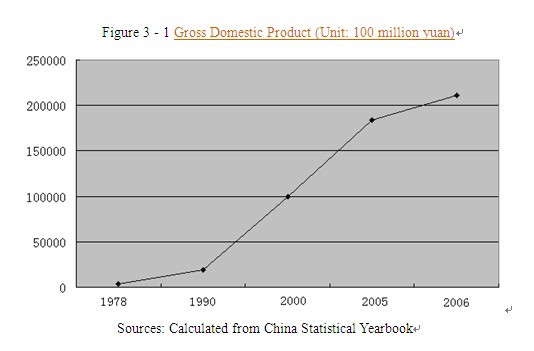Key issues for foreign enterprises entering Chinese market

Key issues for foreign enterprises entering Chinese market
1 Investment climate
1.1 Political aspects
Generally speaking, China’s political conditions are very stable. Since the economic reform, China has been much open to the international society. For example, China has developed series of laws and regulations in attraction of foreign investment to the domestic market. Foreign enterprises now are able to establish WOFEs rather than operate through joint ventures. However, foreign investors continue to face many challenges, such as a lack of transparency, weak intellectual property protection, underdeveloped laws and regulations. In all, it is difficult for the foreign enterprises to enter the new market because of local protectionism.

2.1 Culture study
The potential of the Chinese market is fully observed, however, one of the key questions for investors in China is how to reduce conflicts from social and cultural dimensions. Since the purpose of the thesis is to study how multinational corporations enter and develop in Chinese market, it is essential to have knowledge about Chinese culture. The study of culture will provide the grounds for further studying marketing strategies. However, the definition of culture is in fact too complex to define in simple terms.
3.1.1 Economic aspects
According to the report from the Word Bank, Average earning of Employed Persons in Urban Units rose from 8255.8 Yuan in 1995 to 24262.3 Yuan in 2006, nearly double increase in 11 years. At the same time, Chinese people achieved as a whole a four times increase in their income in the rural regions. In 2006, the average income grew to 3587 Yuan. Table below shows the growth of Chinese gross domestic product from 1978 to 2006. In a word, China’s economic trend is better and better. Especially since China’s WTO entry in 2001, the business potential in China has been further boosted. In summary, China’s attitude towards foreign companies has changed from indifference to demanding after economic reform. On the one hand, China tries best to attract FDI, and on the other hand, the government also strictly control over FDI such as industry constraints and export requirements. Despite these problems, for many multinational enterprises, China remained an attractive market in which to invest.
3.2.2 Chinese business culture
In fact, Cultural awareness plays an essential role to multinational corporations. For example, business culture can affect the structures of successfully opening a business in foreign countries. All companies want to establish globally should have the cultural sensitivity. For example, Chinese business culture is well known for its unique traditions. Loyalty and harmony to partners are key values in Chinese society. Because of the traditional sense of value, some stable, long-term international relationships are established with foreign companies. Paying attention to cultural differences for foreign companies . Furthermore, more and more overseas companies build business in China. Those who have cultural sensitivity are at an advantage compared to those who don't. Foreign companies with strong cultural sensitivity are also able to create a good first impression for the colleagues and clients. In that case, foreign enterprises can build strong business relationship with domestic business.#p#分页标题#e#
Generally speaking, Chinese business culture does not act as an obstacle to enter the Chinese market. In the collectivist society, we can find that group decision-making is epitomized by the government. In other words, collectivistic cultures have a great emphasize on groups. For example, Chinese people share the same identity and look after each other in exchange for loyalty and harmony. 33 In this case, Chinese consumers always choose certain products because they have previously been satisfied by them. Furthermore, Chinese consumers consider it waste the time and effort to choose other brands. The key for understanding Chinese social behavioural patterns is Confucianism. Liu Shu xian (2000) has stated some meanings of some key Confucian values in modern society such as the Knowledge for Oneself and Benevolence, Righteousness, Ritual Propriety, Wisdom and Honesty.(33) Thus, this Confucian approach should be considered as the cornerstone of all business issues and thinking. In China, prestige and status are important factors for people negotiation. Chinese are also very conscious of age and social status. Everyone has a particular place in the family unit and business organization. At the same time, saving face is very crucial in Chinese society. People could try to do everything to save face. In another word, they do not criticize publicly or put people on-the-spot. Because personal relationship deeply embeds into every Chinese’s ethic, FDI from Hong Kong, Taiwan, Japan and Singapore may utilize the cultural ties to solve the institutional barriers.
As a summary, it is useful to be introduced or recommended by consumer who already has a good impression with the products. In order to establish business successfully on the Chinese market, the theories explained about cultural differences, Chinese traditional culture and customer behavior are all aspects that multinational corporations should be taken into account. Hence, in order to test these theories, it is feasible to analyze our case study by examining the marketing tools (the 4Ps). The following part presents the characteristics of Chinese furniture industry